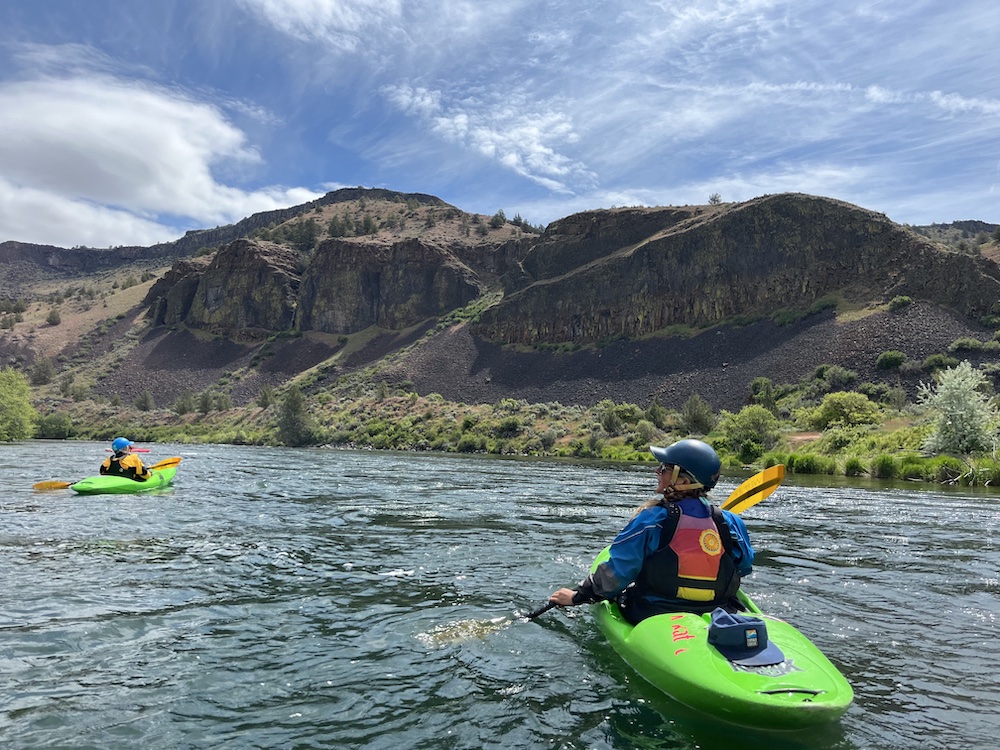New Clean Water Act Rule Released, Rivers Benefit

Last week the Environmental Protection Agency released a new final rule governing which streams and wetlands will be covered by the Clean Water Act. If this sounds familiar, it is for good reason: this issue has been the subject of perennial debate and changes made by various administrations and courts for at least the past two decades. But, for today, for rivers, it is time to celebrate! The new rule, which will likely take effect in 60 days, will restore protections for many of America’s wetlands and streams that had lost protection under the previous version of the rule. Desert rivers are particularly big winners under the new rule, as protections for many of these rivers were lost under the prior rule and will now return.
At issue is which water bodies are considered “waters of the united states,” or WOTUS for short, which is just legislative shorthand for waters covered by the Clean Water Act. The Clean Water Act is responsible for the incredible recovery of our nation’s rivers, from a time when pollution was poorly regulated or not regulated at all, and the impacts on fish, recreation, and property were significant. The new rule seems reasonable at first blush, as it relies on science that is familiar to all paddlers, and tests that have enough flexibility to work across our hydrologically diverse nation, to determine which streams and wetlands are likely to carry pollutants downstream and thus require Clean Water Act coverage.
Of course, the rule could get hung up in new court challenges, or even undercut by a pending supreme court case that is considering the bounds of Clean Water Act coverage. American Whitewater is among many groups who joined an Amicus Brief on that case, Sackett v. EPA, in support of Clean Water Act coverage. American Whitewater also was a panelist in an EPA roundtable on the subject last year to speak up for the recreational and public health benefits of clean rivers. Hopefully, you – the reader – submitted a public comment on the draft rule. Our organization has a consistent track record of supporting a broad, science-based approach to the implementation of the Clean Water Act to benefit the rivers we enjoy and also protect our members and communities from the impacts of excessive pollution.
By Kevin Colburn


